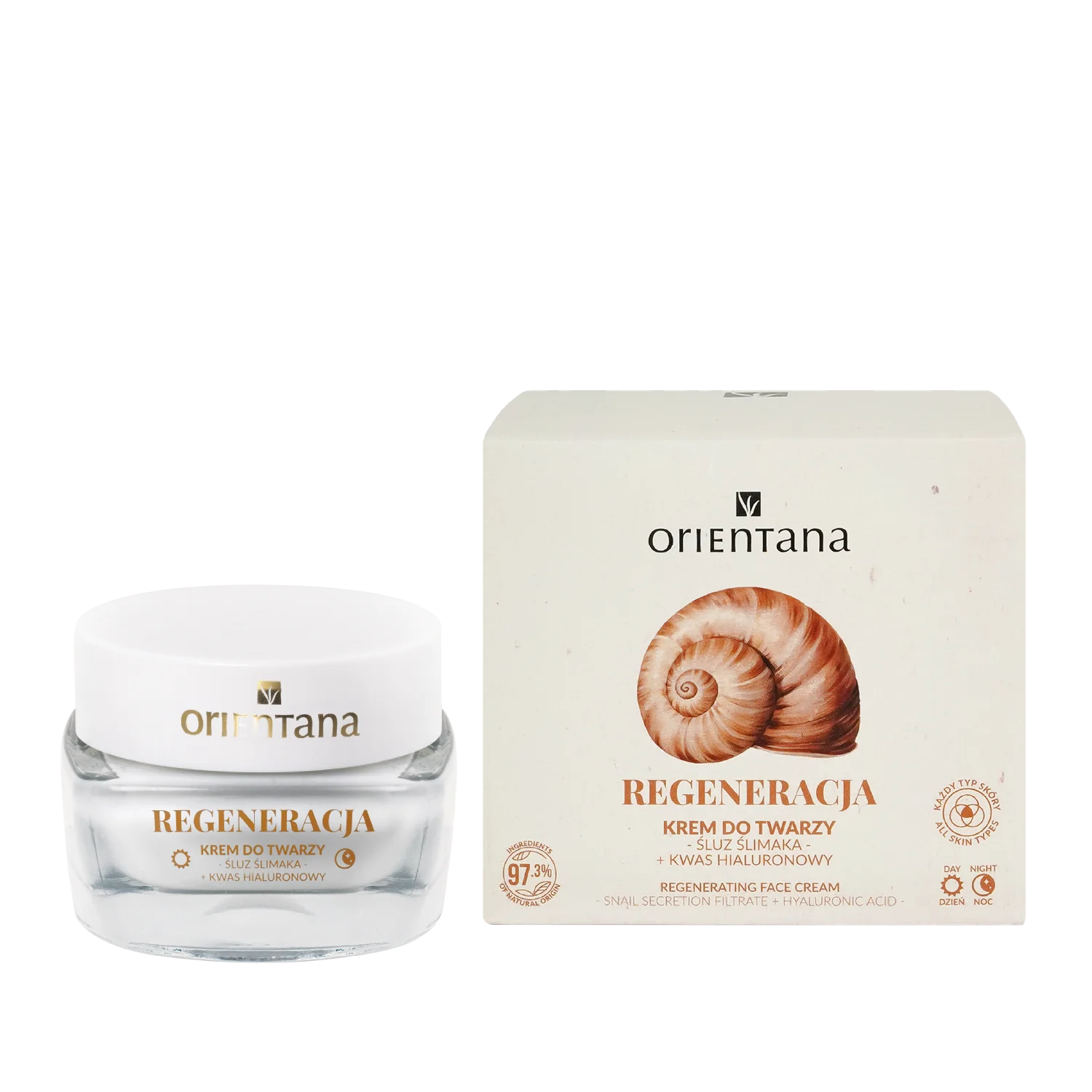Inspirations
SIKH - MEET PEOPLE FROM INDIA
Sikhs – we encounter them more and more often on Polish streets. Turbaned men look exotic and foreign, but there's nothing to fear. They're wonderful people. As you know, before I created the Orientana brand, I spent a lot of time in India, mainly learning the principles of Ayurveda, which I applied in my natural cosmetics. In this post, I'd like to tell you about the Sikhs. I found them a very interesting religious and social group, which I had the opportunity to meet in India. In Poland, we know little about them, and I've noticed that they are often confused with Muslims. So, if you ever see someone wearing a turban, be sure they're a Sikh. In India, they constitute a relatively small group, making up only about 2% of the population, but they are most recognizable for their turbans and thick mustaches and beards. I've met several Sikhs; they are educated people with open minds and hearts. It's a Sikh who is responsible for maintaining GMP (Good Manufacturing Practices) and ISO standards for the production of natural cosmetics at the factory in India, where we produce only some of our cosmetics. I asked him to explain his religion and who the Sikhs are. WHO ARE THE SIKHS? WHO IS THE MAN IN THE TURBAN? Sikhs originate from Punjab, and in their language, Sikh means "disciple." Although the largest number of Sikhs live in India, they are not Hindus. Sikhism is the fifth largest religion, with 25 million followers worldwide. Sikhs believe in one God, equality, freedom of religion, and social service. They cover their hair, which they haven't cut since childhood, with a colorful turban. The turban represents a commitment to equality and justice. Sikhism emphasizes the equality of all men and women, which I really appreciate. Sikhs believe in three fundamental principles: meditating on the existence of God (prayer), earning a living honestly (industriousness), and sharing the fruits of their labor with others (charity). SIGH WILL HELP EVERYONE It was this charitable spirit that I so admired about the Sikhs. I saw it firsthand in India. While visiting their gurdwara in Delhi, I noticed a large group of people sitting at the side of the temple, as if waiting for something. It turned out they were pilgrims and the needy, waiting for a meal. The temple serves meals to the poor every day, and everyone is involved in this work. At each gurdwara, huge kitchens and areas are being built where people eat what volunteers have prepared for them. Anyone can enter the kitchen and observe the preparation of the free meals, but they can also get involved and selflessly help others. I observed people even bringing their children along, joining in the preparation of dough or rolling out huge quantities of roti. A meal will be provided to anyone who needs it, regardless of religion or background. Anyone can come to the gurdwara, and everyone will receive support. At the appropriate time, those waiting are admitted into the vast dining hall, wash their hands, sit cross-legged on the floor, and patiently wait for their food. A Sikh walks among the people with a giant pot and ladle, pouring lentil soup for everyone, while another distributes hot roti flatbreads. The community kitchen is a symbol of equality and brotherhood. Believe me, it's impressive. It sent shivers down my spine. FOR A SIKH ALL ARE EQUAL Equality is of paramount importance to Sikhs. Their religion rejects all distinctions based on caste, creed, gender, color, race, or national origin. All are equal and should be treated equally. For Sikhs, God is not found in isolation or through renunciation of the world, but is achieved as an active member of one's family and community. SIKHISM RECOGNIZES THE EQUALITY OF MEN AND WOMEN The Sikhs' treatment of women is interesting. The Sikh faith recognizes women as equal to men and defines God as gender-neutral. It is one of the few religions in the world to do so. In a gurdwara or within the Sikh community, there is no activity that is permissible for a man but not for a woman. There is no religious function that prevents women from engaging in it at any time. SIKHs work hard Sikhism is a practical religion, and Sikhs are pragmatic people. Their community emphasizes leading a hard-working, successful life, and the achievements and successes of others are highly valued. Thanks to their education and hard work, these people truly achieve a very successful life and high social status. However, they are constantly mindful of others, those in need, and support them in any way they can. Cooperation for peace and harmony in the world is also important. If you encounter a Sikh on the street (there are already 5,000 of them in Poland), remember this post and smile. Sikhs are a peaceful people who are very tolerant, honest, and kind. And if you want to learn more about the Orientana brand, which I created inspired by Asian nature, read About us .
Learn more


